Real Madrid’s Thibaut Courtois found himself in the midst of a goalkeeping controversy when Bayern Munich’s Manuel Neuer pointed fingers at PSG goalkeeper Gigio Donnarumma for Jamal Musiala’s injury during their Club World Cup quarterfinal clash.
In a match where PSG emerged victorious over Bayern, the focus shifted to the unfortunate incident that led to Jamal Musiala sustaining a suspected broken ankle after a collision with Donnarumma. Neuer’s public criticism of Donnarumma triggered a debate within the football community.
Courtois, coming to the defense of his fellow goalkeeper, expressed his views on the matter following Real Madrid’s quarterfinal triumph over Borussia Dortmund. He remarked,
“Accusing Donnarumma for Musiala’s injury seems excessive to me. Goalkeepers go and get the ball. The attackers don’t hold back when they come at us either. It’s a stroke of luck.”
The Real Madrid shot-stopper highlighted the inherent risks involved in such scenarios, emphasizing that both goalkeepers and attackers are exposed to potential injuries during gameplay. His comments aimed to provide a balanced perspective on an emotionally charged issue within the sport.
Furthermore, Courtois acknowledged the emotional toll this incident may have taken on Neuer due to his relationship with Musiala as a teammate but reiterated that assigning blame solely to Donnarumma was unwarranted.
With Musiala facing an extended period on the sidelines after being diagnosed with a fractured fibula and dislocated ankle, questions surrounding accountability in similar situations have gained prominence in football discussions. The complexities of assessing fault in fast-paced sporting encounters continue to challenge players, coaches, and fans alike.
The incident involving Donnarumma and Musiala serves as a stark reminder of the physical demands and risks associated with professional football. As athletes strive for excellence on the field, incidents like these underscore the fine line between aggressive play and ensuring player safety.
Experts suggest that while competitive spirit drives athletes to push boundaries and excel in their respective roles, ensuring player welfare should always remain paramount. The dynamics of elite sports often blur lines between fair competition and potential hazards inherent in high-intensity matches.
Ultimately, debates around incidents like these offer opportunities for introspection within sports communities worldwide. They prompt discussions on refining regulations, enhancing player protection measures, and fostering mutual respect among competitors despite intense rivalries on-field.
As football enthusiasts navigate through differing viewpoints surrounding Musiala’s injury incident, it becomes evident that maintaining sportsmanship amid challenges remains crucial for upholding integrity within sporting arenas globally.


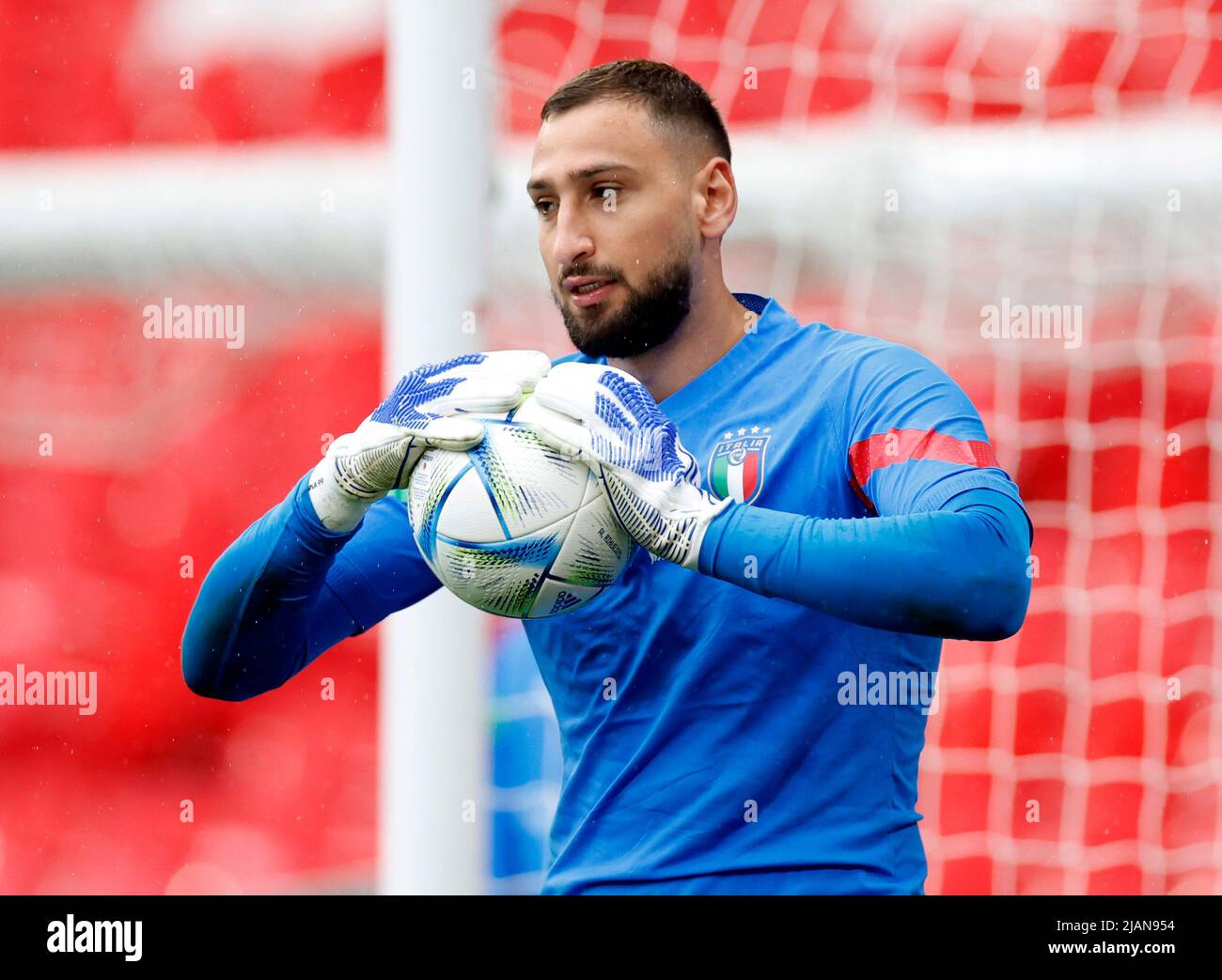
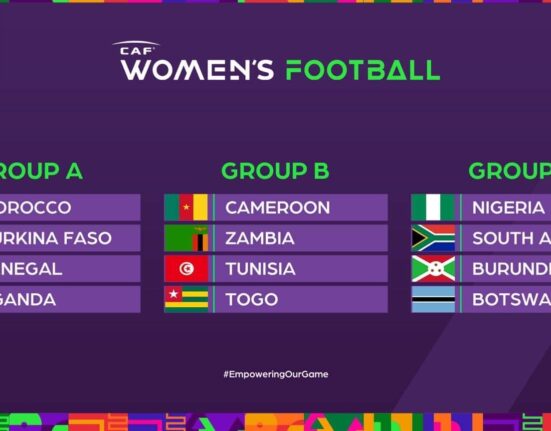

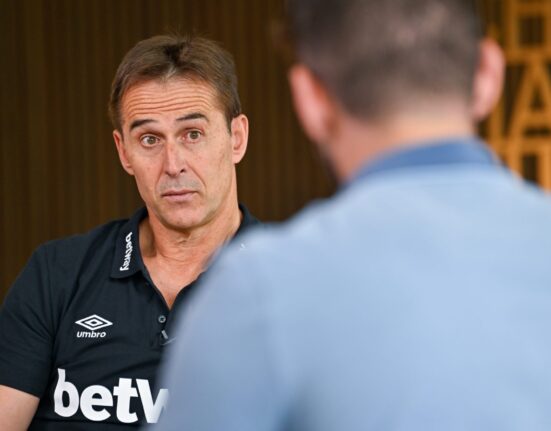
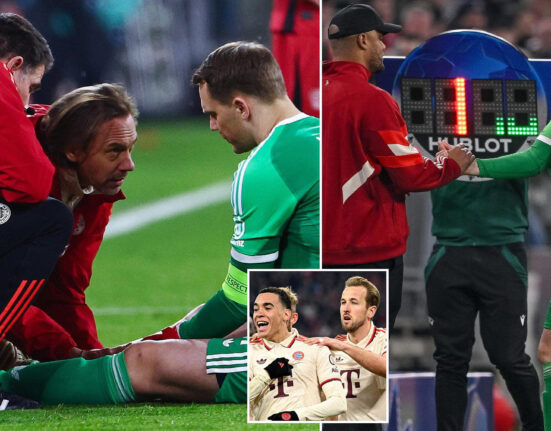
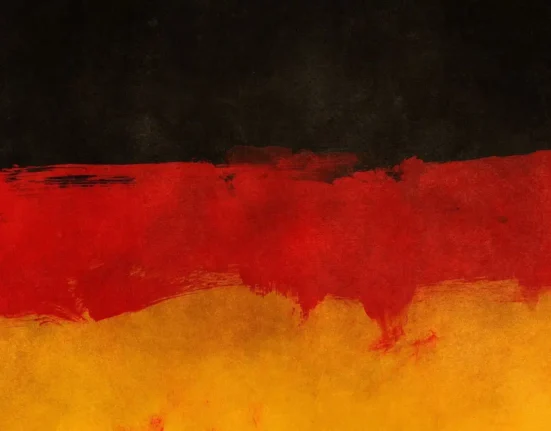
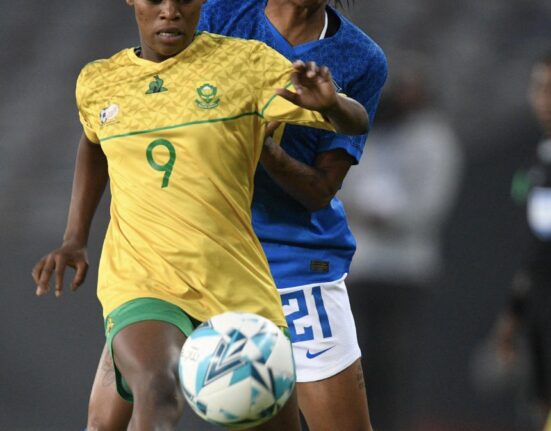
Leave feedback about this